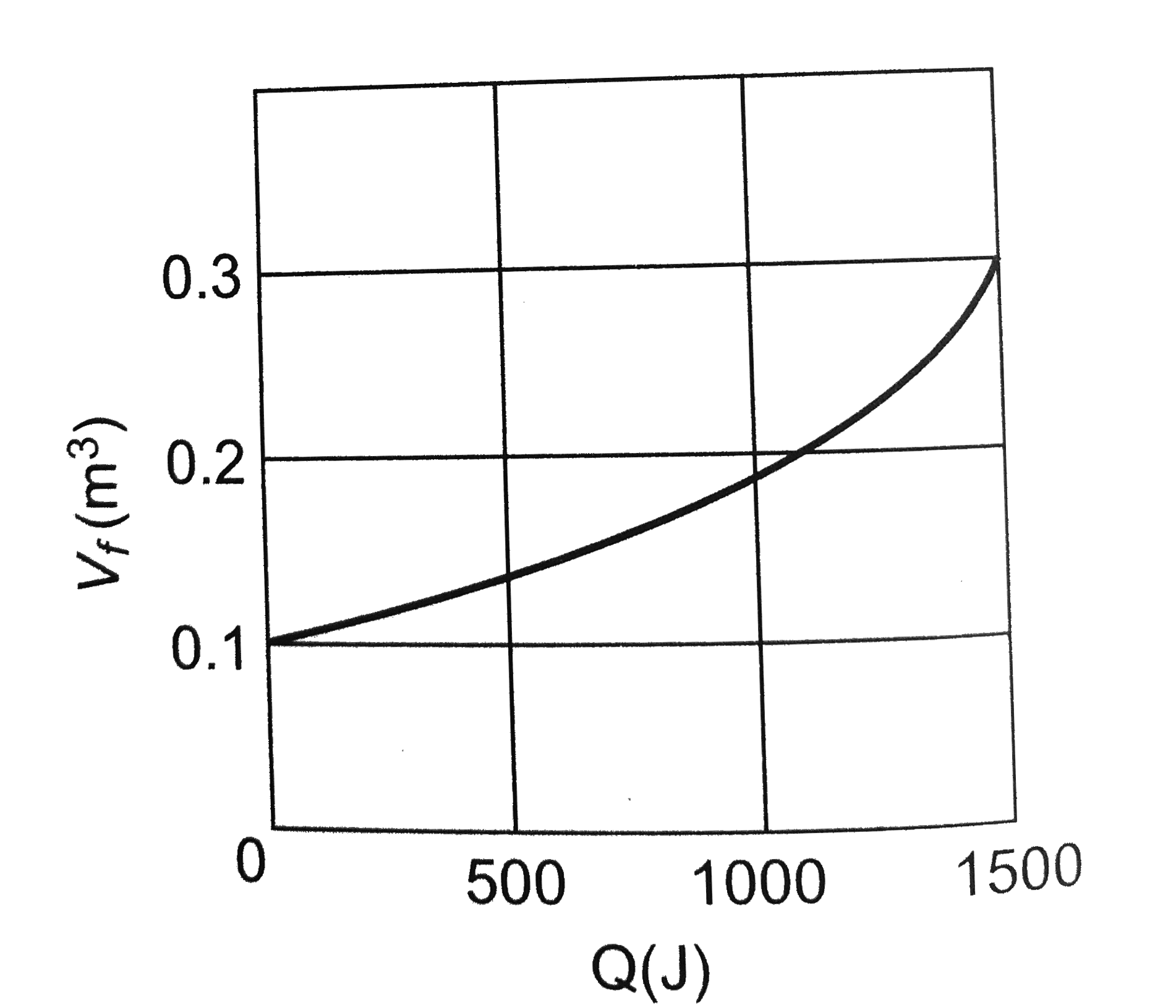An ideal gas undergoing expansion in vaccum shows
ΔE=0
w=0
q=0
All of these
The correct Answer is:D
Step by step video & image solution for An ideal gas undergoing expansion in vaccum shows by Chemistry experts to help you in doubts & scoring excellent marks in Class 12 exams.
Updated on:21/07/2023Topper's Solved these Questions
- THERMODYNAMICSBOOK - AAKASH INSTITUTE ENGLISHCHAPTER - THERMODYNAMICSEXERCISE - ASSIGNMENT (Section - A) Objective Type Questions
55 Videos
- THERMODYNAMICSBOOK - AAKASH INSTITUTE ENGLISHCHAPTER - THERMODYNAMICSEXERCISE - ASSIGNMENT (Section - B) Objective Type Questions
35 Videos
- THERMODYNAMICSBOOK - AAKASH INSTITUTE ENGLISHCHAPTER - THERMODYNAMICSEXERCISE - SECTION-J
7 Videos
- THE SOLID STATE BOOK - AAKASH INSTITUTE ENGLISHCHAPTER - THE SOLID STATE EXERCISE - Assignment (SECTION - D) (ASSERTION-REASON TYPE QUESTION)
20 Videos
Similar Questions
An ideal gas undergoes isothermal expansion at constant pressure . During the process.
View SolutionAn ideal gas undergoes adiabatic expansion against constant external pressure. Which of the following is incorrect.
View SolutionThe temperature of an ideal gas undergoing adiabatic expansion varies with volume as T∝V−34, then the value of CPCV for the gas is
View SolutionA sample of ideal gas undergoes isothermal expansion in a reversible manner from volume V1 to volume V2. The initial pressure is P1 and the final pressure is P2. The same sample is then allowed to undergoes reversible expansion under adiabatic conditions from volume V1→V2. The initial pressure being same but final pressure is P3.
The work of expansion in adiabatic process (wadi) is related to work of expansion in isothermal process (wiso) is
View SolutionWhen an ideal gas undergoes unrestrained expansion, no cooling occurs because the molecules
View SolutionWhen an ideal gas undergoes unrestrained expansion, no cooling occurs because the molecules
View SolutionWhat happens to the random motion when an ideal gas undergoes free expansion (i.e., expansion into a vacuum) ?
View SolutionFive moles of an ideal gas undergoes reversible expansion from 1 L to 4 L at 27oC. The work done and enthalpy change for the process respectively are
View SolutionAn ideal gas undergoes isothermal expansion followed by heat removel at constant volume and they by heat removal at constant pressure to the initial volume. The correct descripion of these steps is indicated by
View SolutionSuppose 0.5 moles of an ideal gas undergoes an isothermal expansion as energy is added to it as heat Q. graph shows the final volume Vf versus Q. the temperature of the gas is (use In9=2 and R=253J/mol−K)

View Solution
